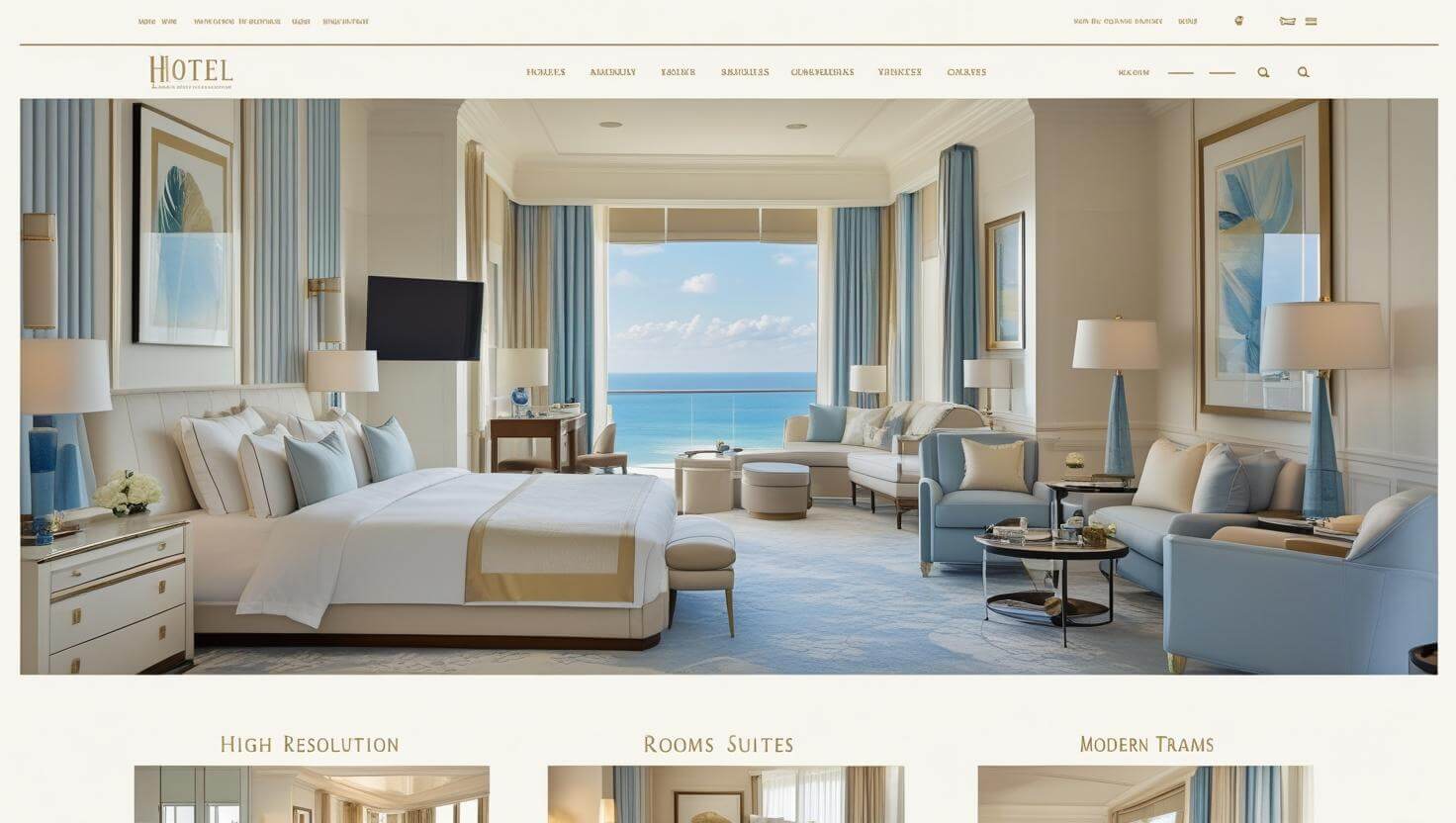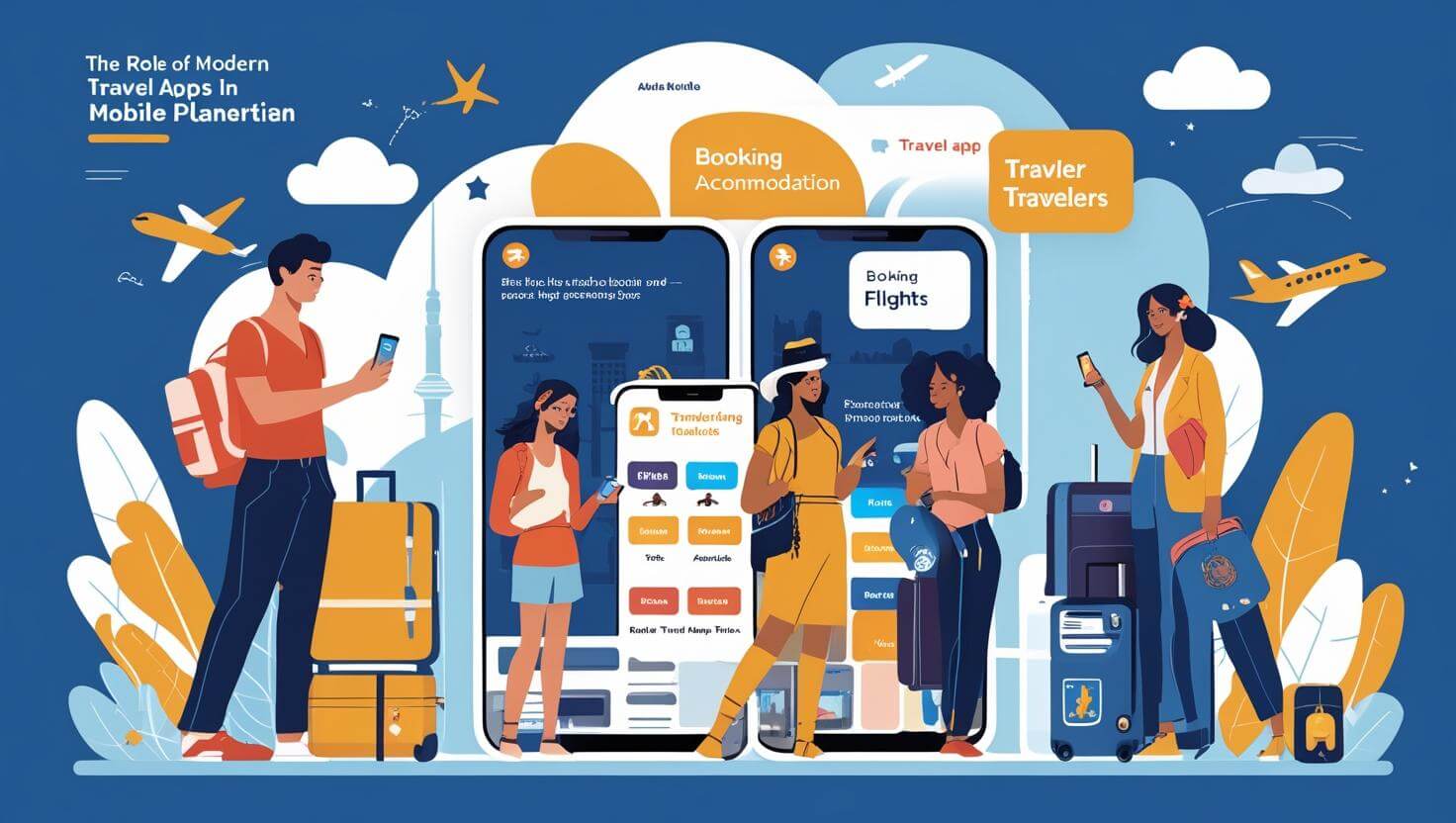
When it comes to choosing accommodation, travelers often make their decision within minutes of browsing a hotel’s website. That means your hotel website isn’t just an online brochure, it’s your most important sales tool. A well-designed, user-friendly, and conversion-focused site can dramatically increase direct bookings, reduce reliance on third-party platforms, and improve the guest experience.
Here are the top features every hotel website must have to stand out in today’s competitive hospitality industry:
1. Mobile-Friendly, Responsive Design
With over 60% of hotel bookings happening on mobile, your site must be fully responsive. A mobile-friendly hotel website design ensures that pages load quickly, navigation is smooth, and booking forms are easy to use on any device.
2. High-Quality Visuals & Virtual Tours
Travelers book with their eyes. Professional photos, video content, and 360° virtual tours showcase your rooms, amenities, and property atmosphere, giving potential guests the confidence to book.
3. Seamless Online Booking Engine
A powerful booking engine is the backbone of a hotel website. It should:
Display real-time room availability
Offer secure payment options
Be quick and intuitive
Provide instant confirmation
This feature reduces abandoned bookings and increases direct reservations.
4. Clear Calls-to-Action (CTAs)
Every page should encourage the next step. Buttons like “Book Now,” “Check Availability,” or “Explore Rooms” must be highly visible and strategically placed to drive conversions.
5. Detailed Room Descriptions & Amenities
Guests want transparency before booking. Include:
Room sizes, layouts, and photos
Lists of hotel amenities (Wi-Fi, breakfast, pool, spa, etc.)
Policies (check-in/out, cancellations, pet rules)
This eliminates guesswork and builds trust.
6. Guest Reviews & Testimonials
Social proof is powerful. Display guest testimonials, TripAdvisor badges, or Google reviews directly on your website. Positive feedback reassures visitors and helps them finalize their booking decision.
7. Local Attractions & Travel Guides
Go beyond your property and highlight the local experience. Add:
Tourist attractions nearby
Restaurant recommendations
Seasonal events
Insider travel tips
This boosts SEO while positioning your hotel as a valuable travel resource.
8. Multilingual & Multi-Currency Support
International travelers appreciate booking in their language and currency. Offering this functionality can help your hotel attract more global guests.
9. Fast Loading Speed & SSL Security
A slow website can lose bookings. Optimize for fast loading times and ensure your site has an SSL certificate (HTTPS) to keep customer data secure, especially during transactions.
10. Live Chat or AI Chatbots
Travelers often have last-minute questions. Live chat support or AI-powered chatbots allow instant responses, improving guest confidence and reducing booking abandonment.
11. Special Offers & Loyalty Programs
Encourage direct bookings by promoting:
Exclusive website-only discounts
Seasonal packages
Loyalty rewards for repeat guests
This helps reduce dependency on OTAs (Online Travel Agencies) and increases profitability.
12. Analytics & Conversion Tracking
Behind the scenes, your site should have tools like Google Analytics to track user behavior, booking funnels, and campaign performance. Data insights help you improve marketing and boost revenue.

